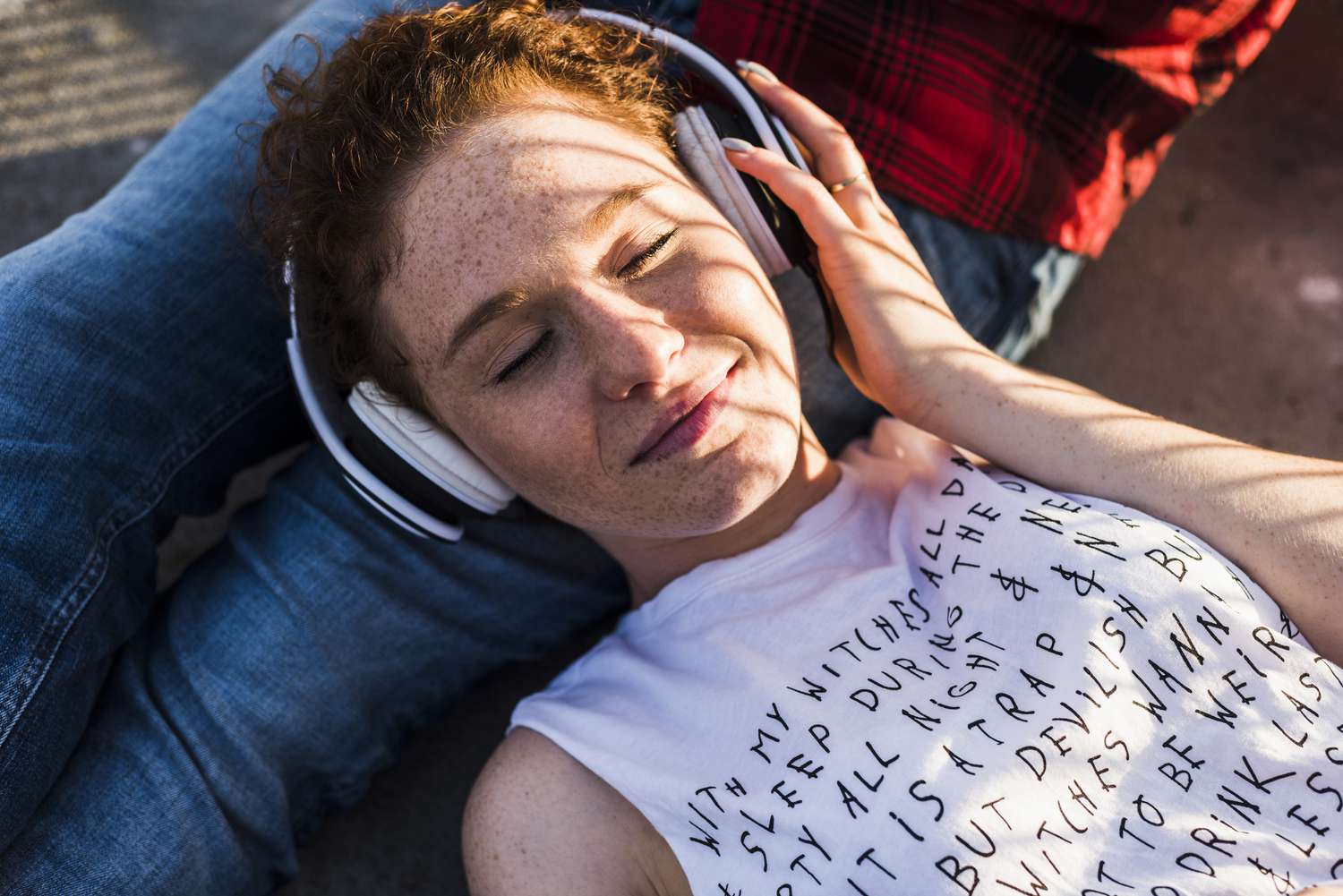Las playlists de Chicas Tristes no son solo una moda: un estudio encuentra que la música triste puede impulsar tu salud mental.

While sad music can generally make people feel sad, depending on the mental health state of an individual, it can evoke other emotions as well, added Venkatesan. She cited previous research on people’s experience of sad music and noted three main categories expressed: grief, melancholia, and sweet sorrow.
“While grief consisted mainly of negative emotions like despair, both melancholia and sweet sorrow consisted of more mixed emotions like longing and nostalgia and even positive emotions like comfort and pleasure,” she said.
Bennett clarified that sad music does not automatically indicate sad emotion for the listener—it can actually impact the listener’s mental health positively.
“Music can be a way to practice just sitting with a feeling that sometimes is harder to sit with and that is actually emotionally very helpful,” she added. “We call that an emotional exposure that in fact is used in some very well-researched therapy protocols to help us to sit with emotions that we sometimes don’t want to sit with.”
Sad music can also make people feel connected in the same way a heartfelt conversation makes us feel connected, said Venkatesan. “It is very likely that the sense of connection we experience when listening to sad music has positive health benefits.”
Some studies suggest that listening to sad music creates a feeling of “emotional communion” where you share feelings of sadness with the singer or composer. Venkatesan explained that in this case, listening to sad songs may act as a form of virtual contact which can help people feel accepted, understood, and less lonely.
She added that other studies suggest that listening to sad songs allows us to connect with ourselves and reflect on our own emotional experiences which can help with mood regulation.
Venkatesan noted that music, in general, has a profound effect on our brains and physiology and therefore can also impact our mood.
For example, some research suggests that relaxing music can decrease levels of salivary cortisol and psychological stress, which is an indicator of decreased stress and better regulation when responding to a stressor.
Bennett noted in the same way that a sad song might evoke a sad emotional state, there are ways to use music to evoke a positive emotional state. There are also ways that people can choose positive behaviors that might move them in the direction of positive emotion.
Bennett concluded, “My hope is that this research will help people just recognize that feeling sad is okay and also that there are things that we can do to help us move out of that feeling.”




